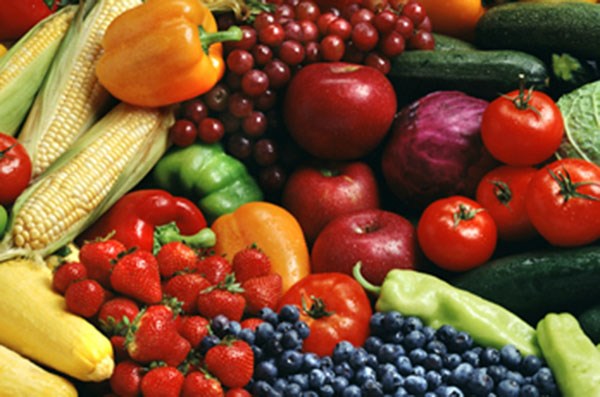Nothing beats the taste of homegrown veggies. That satisfied feeling of stepping out the door in bare feet to harvest some fresh greens and herbs for a summer salad is wonderful. But growing vegetables is not always a process seen through “rose-coloured” glasses.
Veggies mean work. There are weeds to contend with, soil to enrich, water and care, all of which take time
In the hopes of enjoying your summer and not being a slave to the garden, here are a few time saving tips and ideas you may want to explore.
Mulch. Mulch is a great resource and time saver in the veg garden. It helps to retain moisture, and it acts as a weed suppressant to some degree.
Organic mulch is your best friend. And let’s just state this is not certified organic, just composed of natural ingredients that break down over time and bulk up your soil content.
Organic mulch can feed the soil from the top down, which is how Mother Nature intended it.
The practice of digging a hole for a plant and filling it with compost or manure creates a sweet spot for that plant and does not encourage full root development.
Mulch can also encourage more micro and macro nutrients in the soil and enhances a complex population of soil biota. Soil biota is a fancy way to refer to “soil life”… living organisms in the soil that we want to encourage.
Mulch is great for holding moisture in the soil and helps to create less time watering. It also moderates the soil temperature. Helping to heat up the soil temperature for plants that get set back from cool nighttime conditions.
Ideas for organic mulch include wood chips (talk to anyone with a chipper/shredder or your local arborist), grass clippings, straw, leaves and leaf mould, shredded un-printed paper, or
brown cardboard.
Another time saving tip is to NOT till the soil. People have tilled the soil since the dawn of time, but new science tells us that tilling is more of a hindrance than a help.
Every time you scratch the surface of the soil, you create more weeds. Shocking but true. You are actually brining all those deeply growing weed seeds (that probably don’t amount to much deep under the soil from lack of light and regular water), up to the surface of the soil and to the light, creating more weed plants.
It also increases the rate at which nitrogen gets depleted from the soil. This means more frequent feedings more often.
Tilling the soil also interferes with the soil structure. Lots of soil animals are made homeless by tilling that destroys their burrows and tunnels they create underground. We want to encourage good bugs and critters, as they help feed the soil and their tunnels aide in soil structure.
I hope these simple tips help you spend less time working and more time enjoying your garden.



